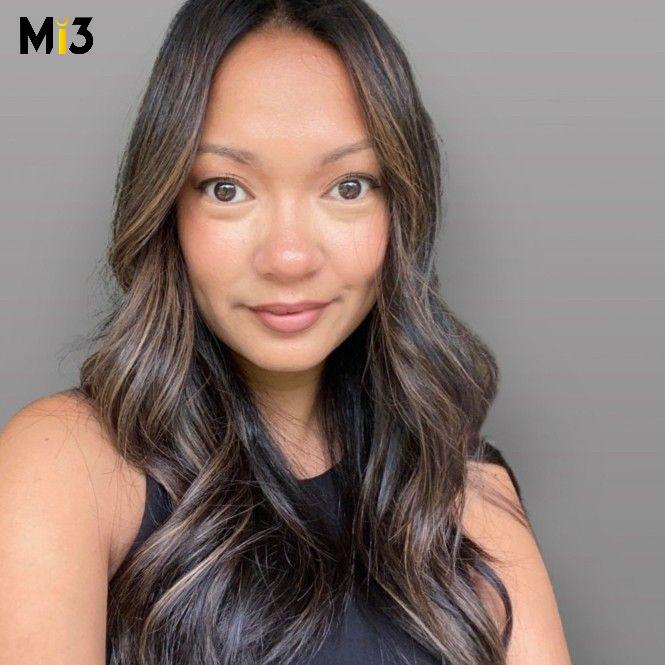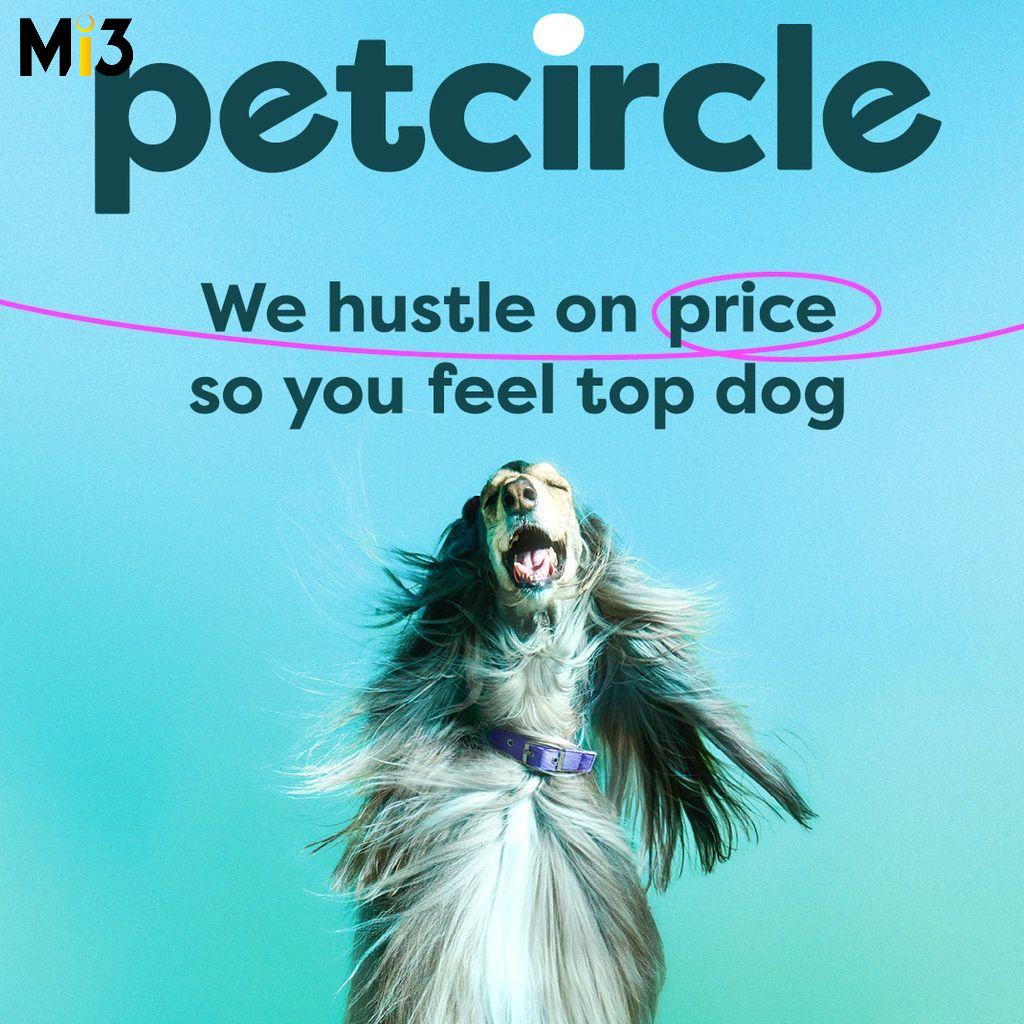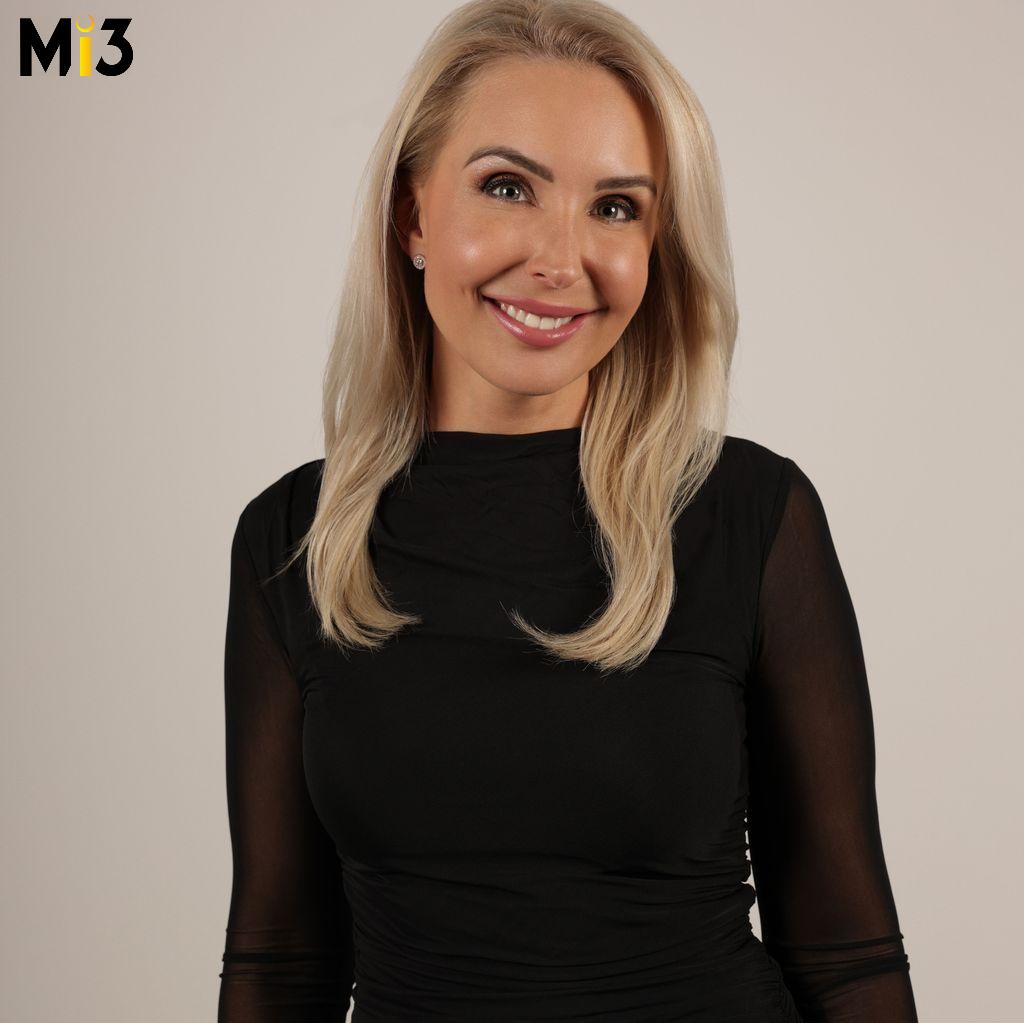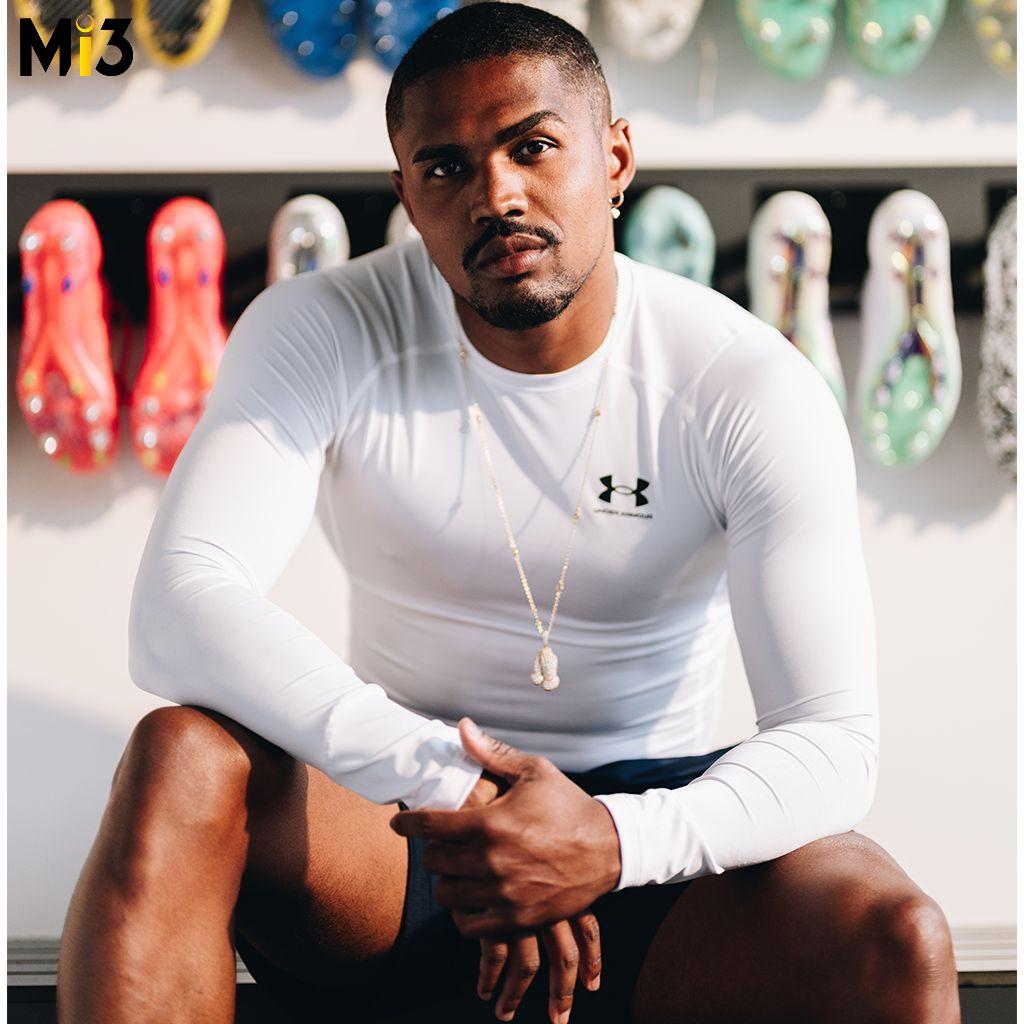Domino’s has released its inaugural ‘Pizza-bilities Report’, a snapshot of pizza trends in Australia for 2024. The report includes trends, toppings, and quirks that have defined the year in pizza, including 12 marriage proposals to Domino’s delivery drivers.
Author: admin
Sandisk unveils new branding and ‘Mindset of Motion’ direction ahead of standalone launch
Sandisk Corporation, a wholly-owned subsidiary of Western Digital, has given a sneak peek into its new corporate branding and creative direction, defined by a ‘Mindset of Motion’.
ACMA’s first telco complaints report: Westnet gets most complaints, Telstra has longest resolve times
The Australian Communications and Media Authority (ACMA) has released a first-of-its-kind report on telco customer complaints, finding Westnet the most complained about telco, and Vonex the least.
Sydneysiders seek to uninstall Instagram and Facebook, reveals Mobile Federation study
A recent study by Mobile Federation has revealed Instagram and Facebook are the top two apps residents of Sydney are keen to delete.
Australian Pork sizzles for Christmas with TikTok personality My Nonna Fina and Colin Fassnidge
Australian Pork Limited has launched a festive digital campaign in collaboration with renowned chef Colin Fassnidge and TikTok personality, My Nonna Fina.
Arnott’s pinches IAG’s Lisa Jarvis to lead paid media strategy
Lisa Jarvis has left IAG and insurance behind for snacks and biscuits, joining the marketing ranks at The Arnott’s Group as media lead for marketing.
Pet Circle unleashes rebrand and ‘Top Dog’ campaign, promising best prices on pet essentials
Online retailer Pet Circle has unveiled a rebrand and a national advertising campaign including a refreshed logo, tone, visual identity and campaign slate.
Boomtown’s Leanne Glamuzina to take reins as head of marketing at oOh!media
oOh!media has poached Boomtown marketing lead Leanne Glamuzina to become its new head of marketing, effective end of January 2025.
Under Armour teams up with Brazilian football star and new Sydney FC player Douglas Costa
Under Armour has struck a partnership with Brazilian footballer Douglas Costa, who recently signed with Sydney FC. Costa will serve as a global ambassador for Under Armour’s football and sportstyle initiatives.
HSBC Australia to face court accused of failing to protect customers from scams
The Australian Securities and Investments Commission (ASIC) has lodged documents in the Federal Court alleging that HSBC Bank Australia Limited (HSBC Australia) failed to adequately protect its customers from scams.










